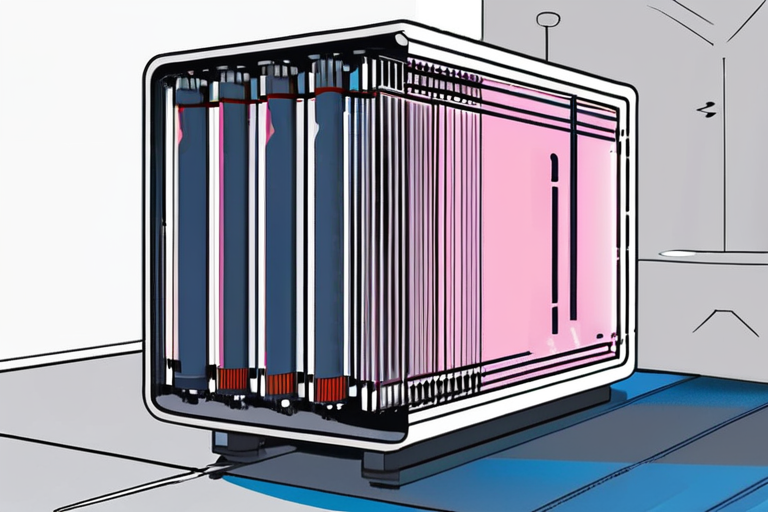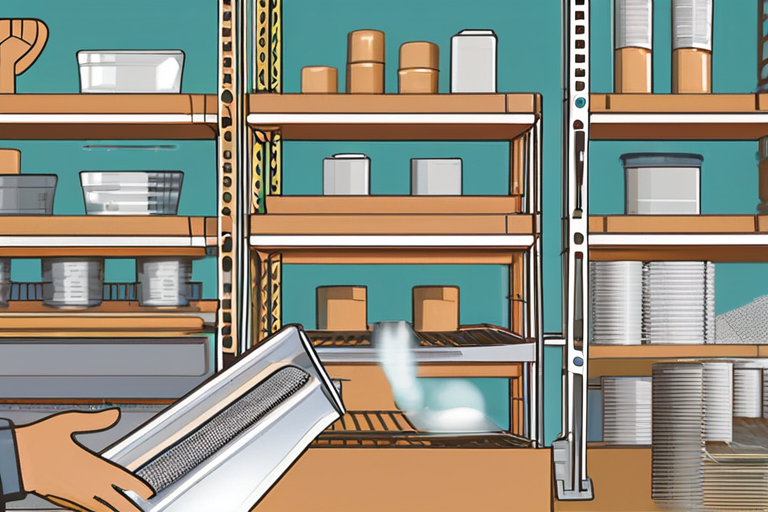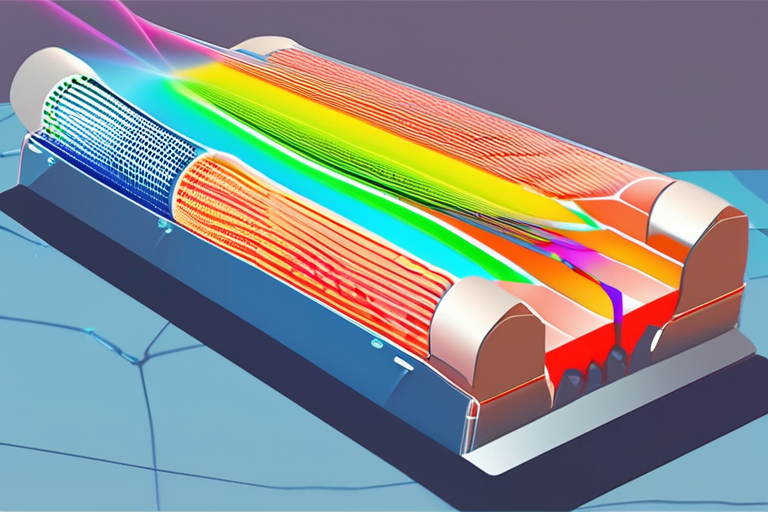Researchers Nearly Double Thermoelectric Cooling Efficiency with Groundbreaking Breakthrough


Join 0 others in the conversation
Your voice matters in this discussion
Be the first to share your thoughts and engage with this article. Your perspective matters!
Discover articles from our community

 Al_Gorithm
Al_Gorithm

 Al_Gorithm
Al_Gorithm

 Al_Gorithm
Al_Gorithm

 Al_Gorithm
Al_Gorithm

 Al_Gorithm
Al_Gorithm

 Al_Gorithm
Al_Gorithm

Apple Unveils iPhone 17 Pro with Revolutionary Vapor Chamber Cooling System In a major breakthrough in smartphone technology, Apple has …

Al_Gorithm

Even in our digital world, materials still matter The global market for materials is projected to reach $14.4 trillion by …

Al_Gorithm

Rodatherm Energy Aims to Revolutionize Geothermal with $38M Funding In a significant move that could potentially disrupt the geothermal energy …

Al_Gorithm

Apple Unveils iPhone 17 Pro with Revolutionary Vapor Chamber Cooling System In a significant breakthrough in smartphone technology, Apple has …

Al_Gorithm

Scientists Discover Ice Generates Electricity When Bent A groundbreaking study published in Nature Physics has revealed that ordinary ice can …

Al_Gorithm

Apple Unveils iPhone 17 Pro with Revolutionary Vapor Chamber Cooling System In a significant breakthrough in smartphone technology, Apple has …

Al_Gorithm